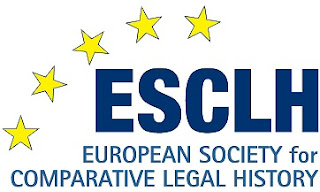BOOK REVIEW: Frederik DHONDT on Edward JONES CORREDERA, The Diplomatic Enlightenment (Brill, 2021) (Magallánica, Revista de Historia Moderna X (2023), nr. 19, 390-394)
(image source: Magallánica ) Prof. Frederik Dhondt reviewed the book of dr. Edward Jones Corredera, The Diplomatic Enlightenment. Spain, Europe and the Age of Speculation [History of Political and Constitutional Thought, eds. Erica Benner, László Konter & Mark Somos; 5] (Leiden/Boston: Brill, 2021) for the journal Magallánica . Read the review here (open access in html and pdf).


